Winter is fast approaching and people living in cold climates know what this means. Time to equip the engine block heater again. For first-time engine block heater users, you might be wondering what gauge extension cord is the best. Well, you've come to the right place. We've done the research and have the answers for you.
For safety reasons, it is advised that you use an extension cord that is at least 16 gauge. This works for most engine block heaters. However, make sure that you read the requirements of your engine block heater before you invest in an extension cord as the 16 gauge might not be enough for some heaters.
Engine block heaters can come in very handy in winter conditions. Want to learn more about engine block heaters? Then we've got you covered. Continue reading the rest of the article where we dive deeper into the topic.
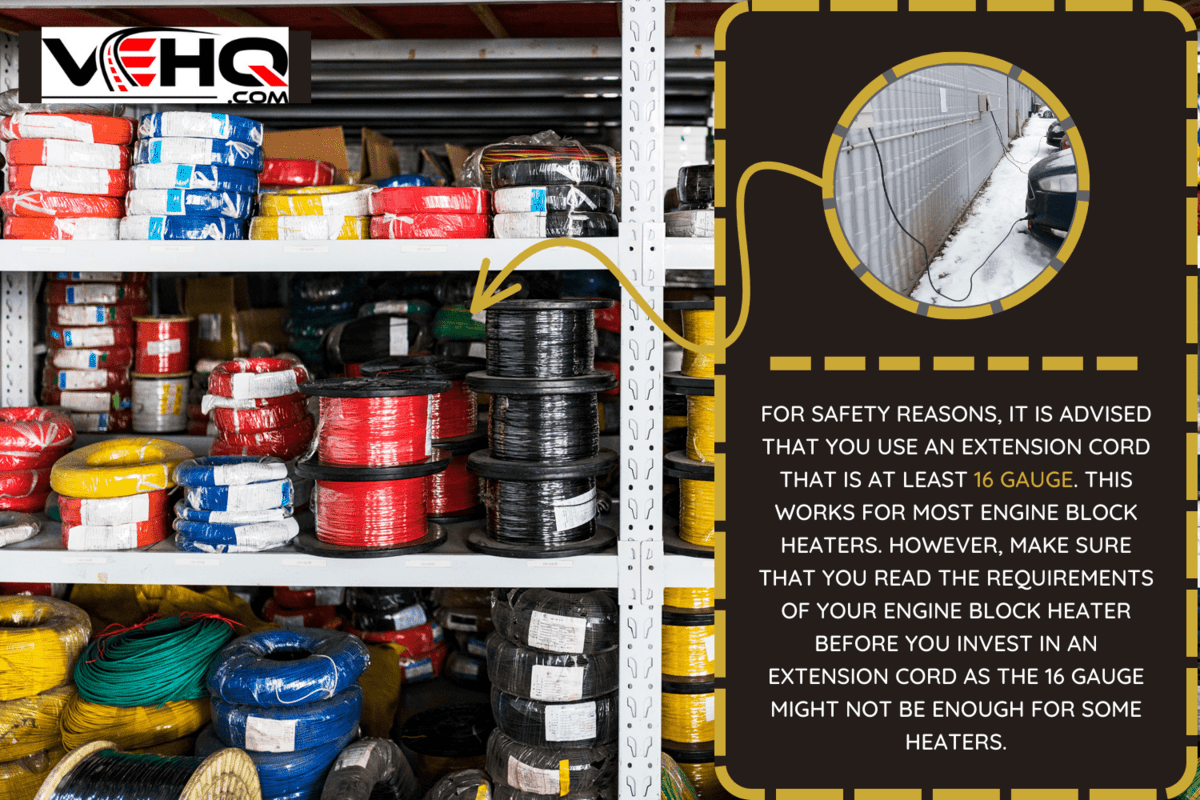
What Is An Engine Block Heater?
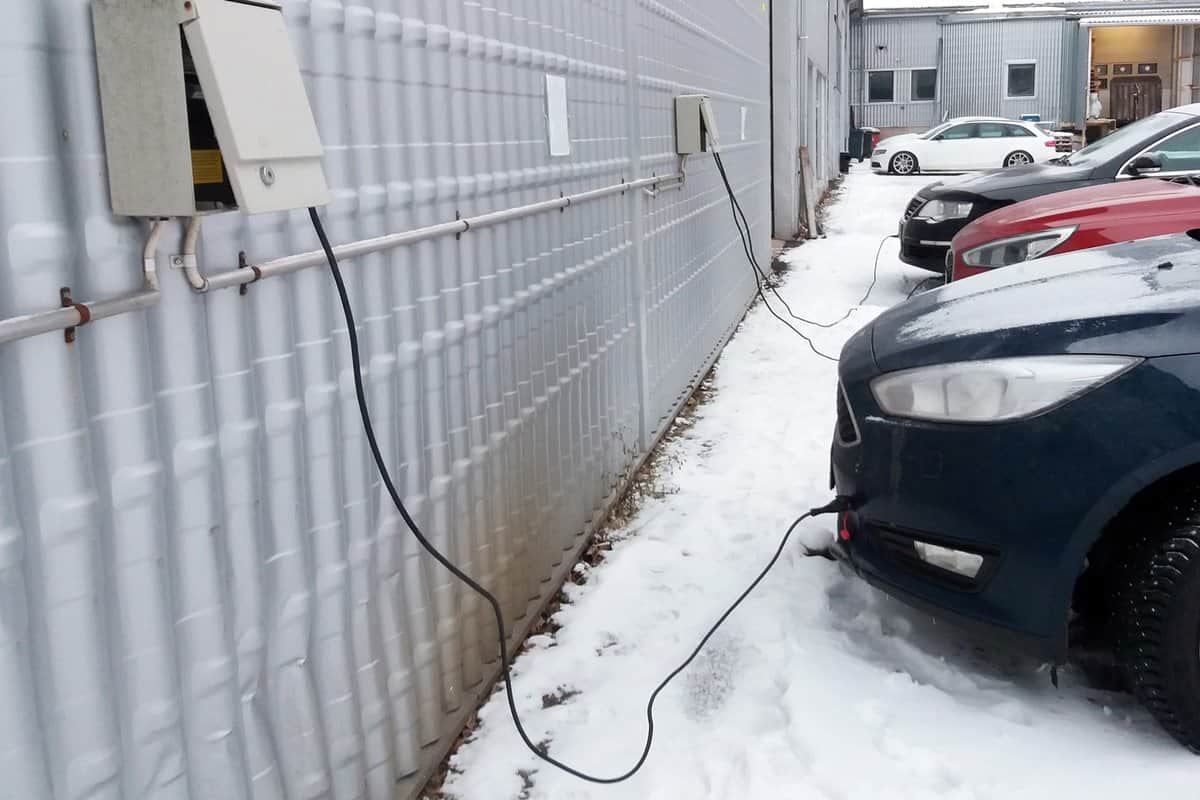
An engine block heater, as the name implies, is a heating device that keeps your engine warm during cold weather. This is especially useful for car owners that live in colder climate areas.
When the temperature starts to dip below freezing, a lot of the fluid under the hood thickens. This thickening of the engine oil, coolant, etc. can cause the vehicle to work harder to get the engine running smoothly. This can cause significant damage in the long term.
This is where the engine block heater comes in to save the day. It keeps the engine at an optimal temperature even when the engine is off. Most engine block heaters use an external electrical supply, your home's electricity, to run but some brands also use the vehicle's fuel.
Do I Need To Install An Engine Block Heater?

If you live in areas where it tends to get really cold, then it's a good idea to invest in one. They are particularly useful for climates that get under 10º Fahrenheit (-12º Celsius). The heater, when used properly, can significantly increase the efficiency and longevity of your vehicle.
To give you context, here are some of the things you'll need to consider if you need an engine block heater.
- Type of oil your vehicle use. If your vehicle uses a non-synthetic oil, it can be more susceptible to hiccups during cold weather.
- Where you park your vehicle. If you have a heated and ventilated indoor garage, you might not need an engine block heater. However, if you park your vehicle outside, especially in temperatures that dip below 10 degrees Fahrenheit, you may need a heater to keep it running well.
- The type of engine your vehicle has. Diesel engines can benefit from having an engine block heater as it requires higher temperatures to fire the fuel.
- Frequency of vehicle usage. If your car isn't used daily and it's just stuck there in your garage for extended periods, it can benefit from an engine block heater. You can utilize the heater before using the vehicle to get everything in optimal running temperature before driving.
How To Choose The Correct Wire Gauge
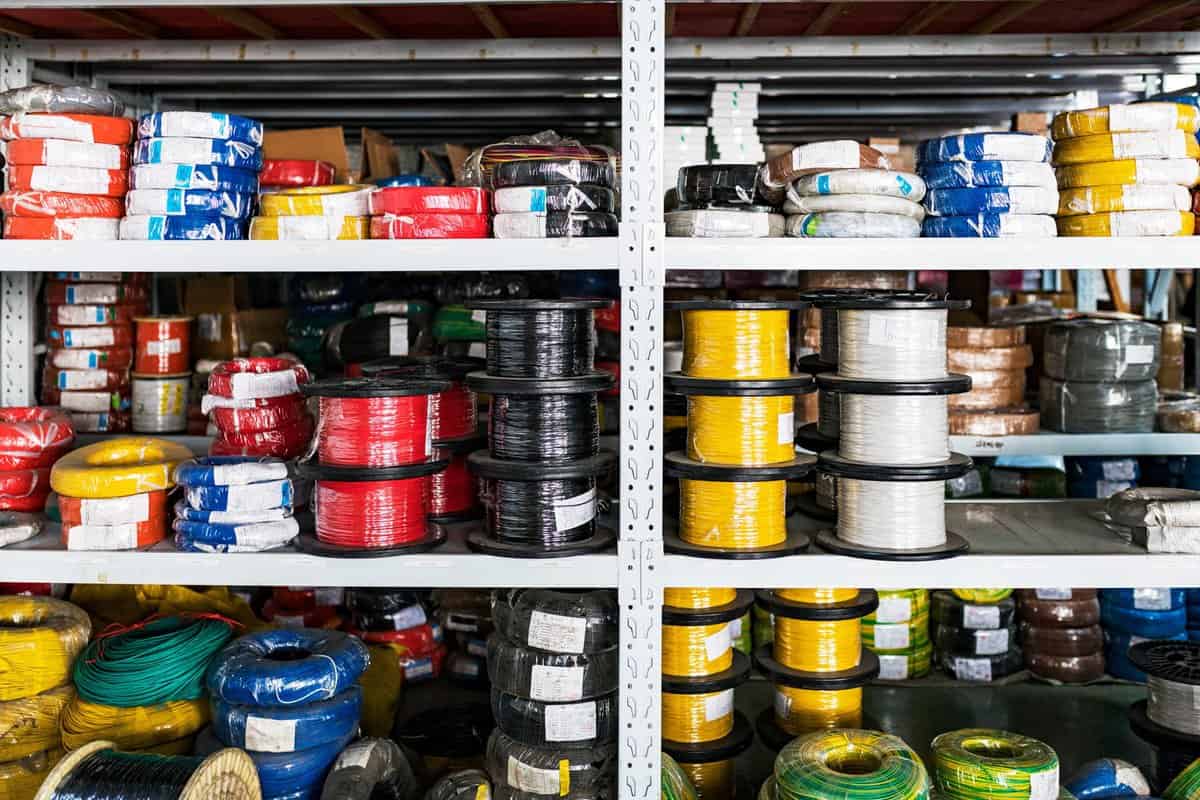
Choosing the correct wire gauge for the extension cord is just as important as choosing the right engine block heater for your vehicle. And while the extension cord may not produce the energy to heat up your engine, it's the one that is making sure your engine block heater gets the right amount of power from the electrical outlet.
Typically, the engine block heater will have a list of compatible extension cords that are compatible with the electrical load in its manual. However, for cases that do not have this kind of guide, there is a formula that you can use to determine the right cord gauge needed.
- First, locate and determine the electrical output of your engine block heater. This can typically be located on the heater itself.
- Then take note of the total wattage of the device you're plugging the extension cord to.
- Divide the total wattage by the standard household voltage. For US residents, this will be 110.
- Finally, the answer that you get should be rounded down to the nearest whole number. That is the cord gauge that you will need for the engine block heater.
Most engine block heaters fall in the range of 16 gauge to 12 gauge for the extension cords. However, there might be some power-hungry engine block heaters that might need a 10 AWG extension cord.
Just remember that the lower the gauge number is, the higher the load it can handle and the thicker the actual cord will be.
Safety Precautions When Using Extension Cord For Engine Block Heater
There are always safety hazards with everything that there is to with cars and the accessories we use on them. For engine block heaters, this is mostly due to the wire that sticks out and connects to your home's power supply.
The cold weather is already icy and slippery enough that you don't want your extension cord to add to your worry list.
Tripping Hazard
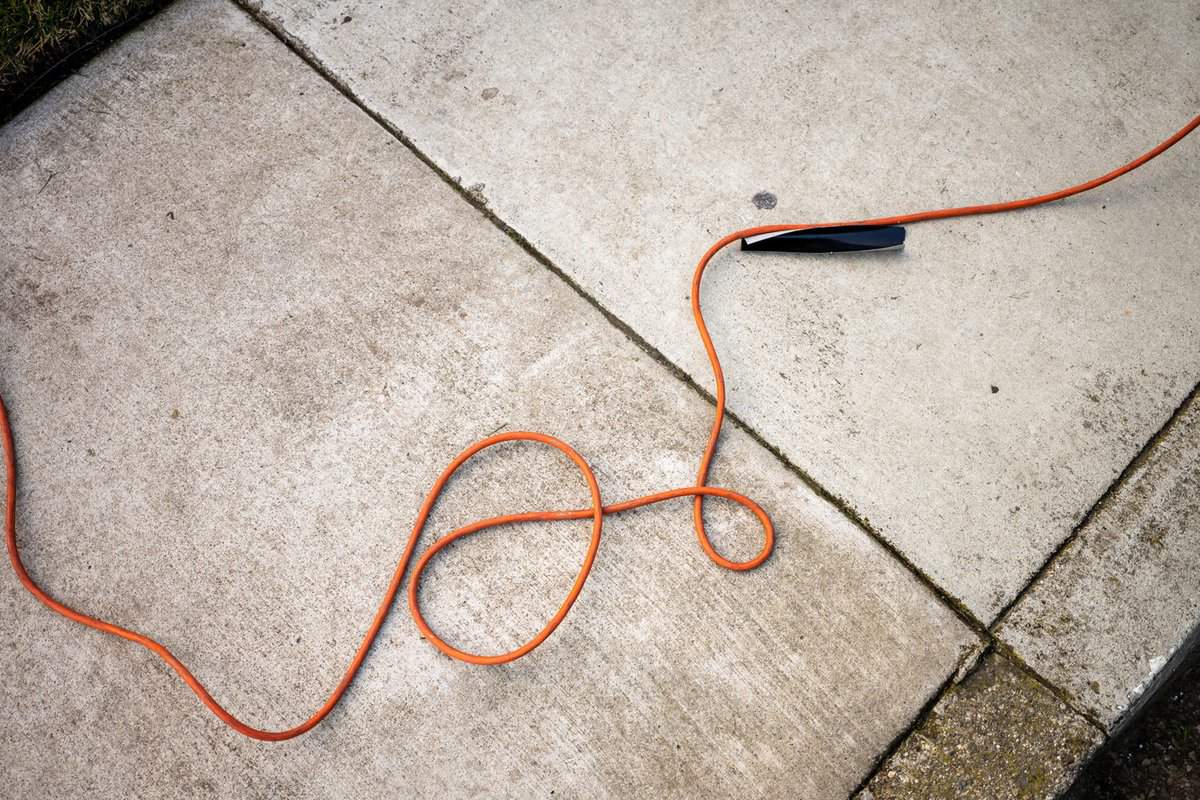
This is the most obvious hazard when it comes to engine block heater extension cords. Not only is it a trip hazard when it's connected to your vehicle and sticking out on the side. It's also a tripping hazard when not properly stored after use.
There is a common term for this in Canada and it's called a "Canadian Snow Snake". It's when car owners forget that the extension cord is still attached to the vehicle and just drive off. What's left is an extension cord that is left on the driveway or in some cases, on the sidewalk.
Here are some tips to prevent you and the people around you from tripping and hurting yourself on one of these cords.
- Proper housekeeping. Unplug your engine block heater and stow away the extension cord before you leave your garage or driveway. Keep it in a spool so that it will be easier for you to take it out and store it away after every use.
Check out this Woods Metal Extension Cord Reel Stand on Amazon.
- Choose bright-colored a extension cord with LED light. Oftentimes, the reason we trip over the extension cord is that it's black or dark colored. There's a simple solution to this. Purchase one that is bright in color and easy to spot. An LED feature that lights up when plugged in is also a great addition for visibility.
Click here to check out the Cablectric Heavy Duty Outdoor Extension Cord on Amazon.
Fire Hazard
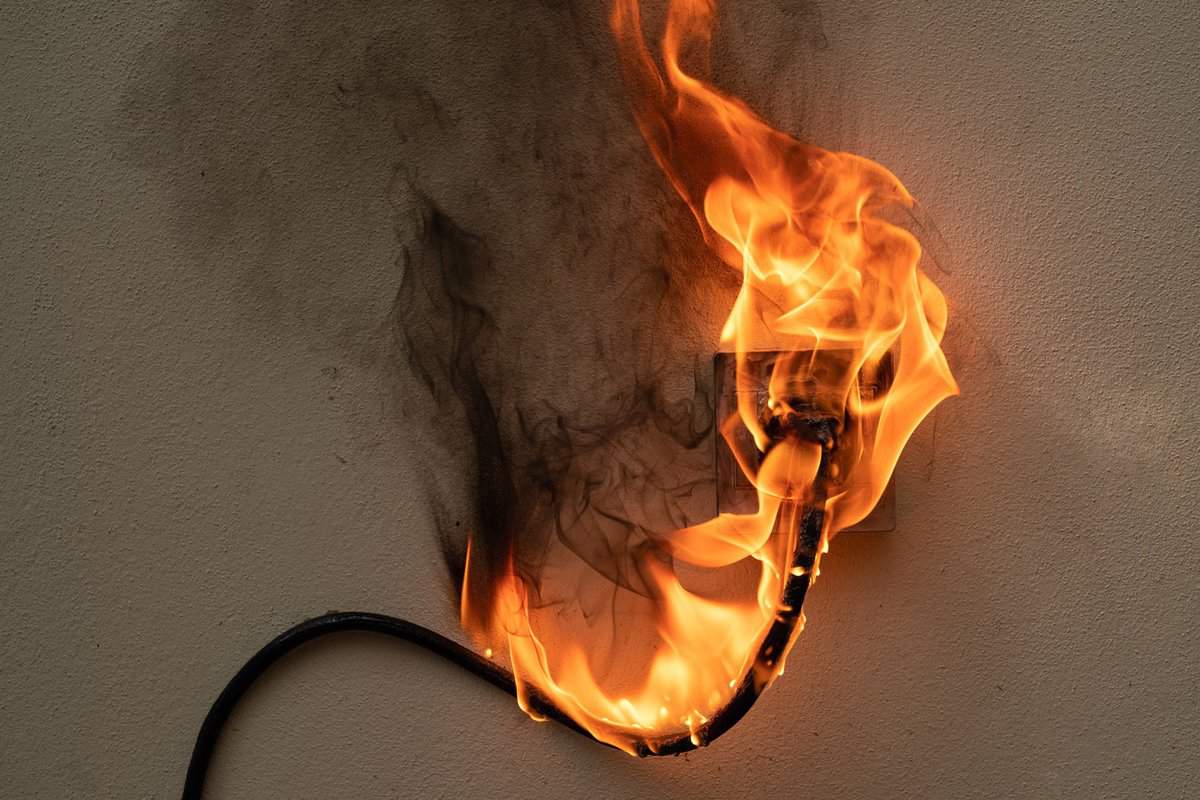
Some operating smell is normal when your car is on and running unless you have an EV or your vehicle is off and connected to an engine block heater. Then, something may be terribly wrong.
There are a lot of things that can cause a fire when using an engine block heater extension cords. Knowing these simple signs and hazards can not only save money but your personal safety, as well.
- Unsuitable extension cord capacity for the engine block heater.
- This is by far, the biggest hazard that can cause a fire. Always make sure to check your engine block heater for its specifications and electrical requirements.
- Most engine block heaters use 750 - 1,500 watts of electricity, and you want to use an extension cord that is capable of handling that demand.
- Practicing electrical "octopuses".
- This refers to plugging in too many chords into a single power source and it's very dangerous when you do it while using an engine block heater.
- The connections between the cords are not waterproof and the amount of connection causes overheating. Use a single, but sufficiently lengthed extension cord to do the job done.
- Poor material quality.
- This is something that we tend to overlook when we want to save money. Never do this, especially with power-intensive equipment.
- A sub-standard extension cord can cause the plug to melt due to poor material quality and you know what tends to happen next.
- Make sure your exterior outlets are GFCI certified.
- GFCI or ground fault circuit interrupt is a mechanism that senses differences in the amount of flowing electricity on the outlet.
- Any deviation from what is a normal electric flow will trip or shut off the circuit. This prevents any unwanted power surge that can cause a fire.
To Wrap It Up
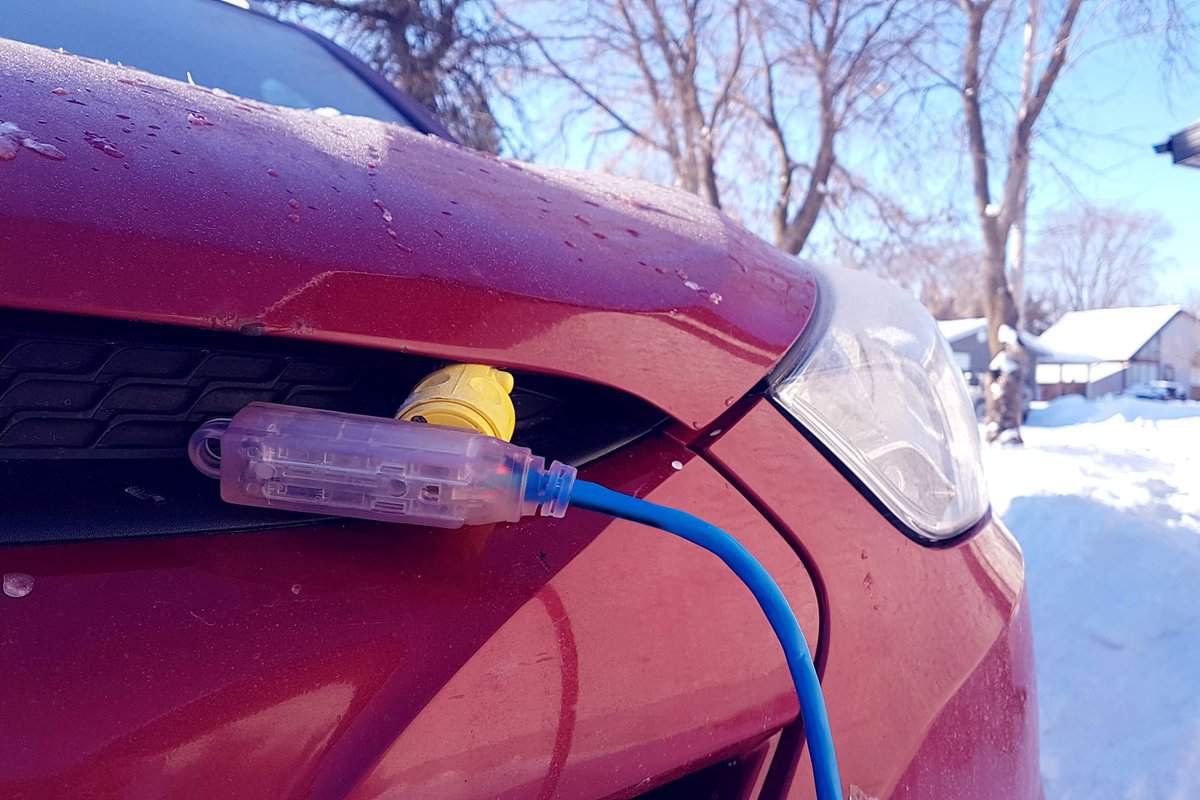
Engine block heaters are a piece of essential equipment during the winter season and investing in the correct type of extension cord to complement the heater is just as essential. Before committing to purchasing one, make sure that you have done your research to avoid any potential hazards.
This forward-thinking mindset will not only save you money, but it will also guarantee safety for the things that are important to you.
If you found this post insightful, be sure to check out some of our other posts:
Where Is My Engine Block Heater Cord?


